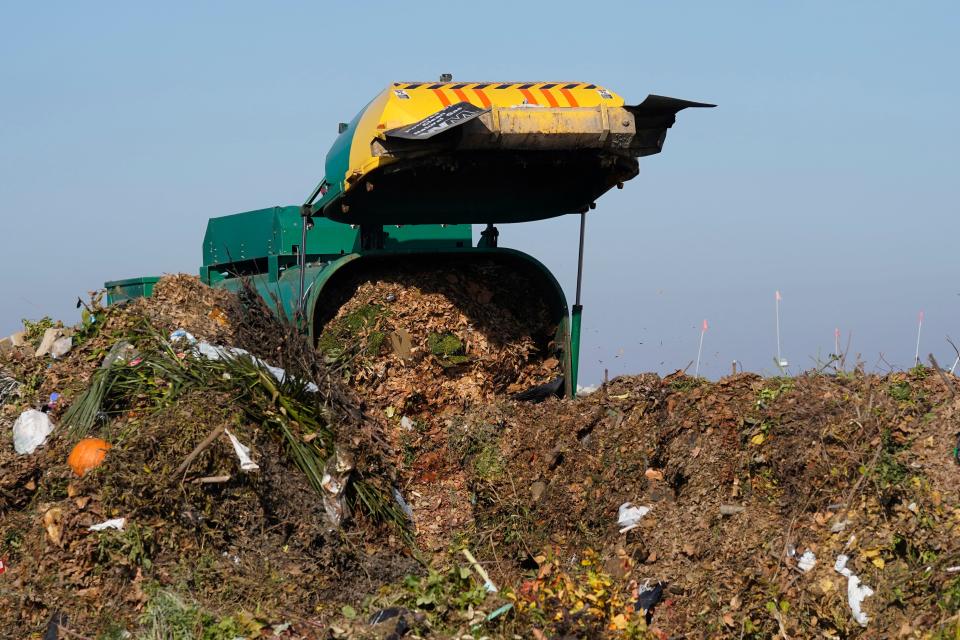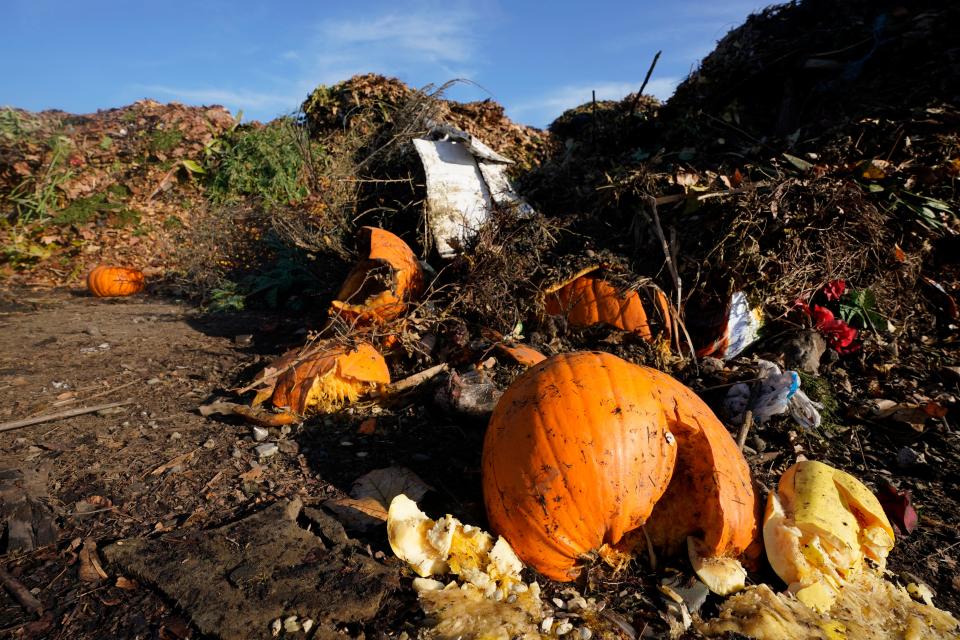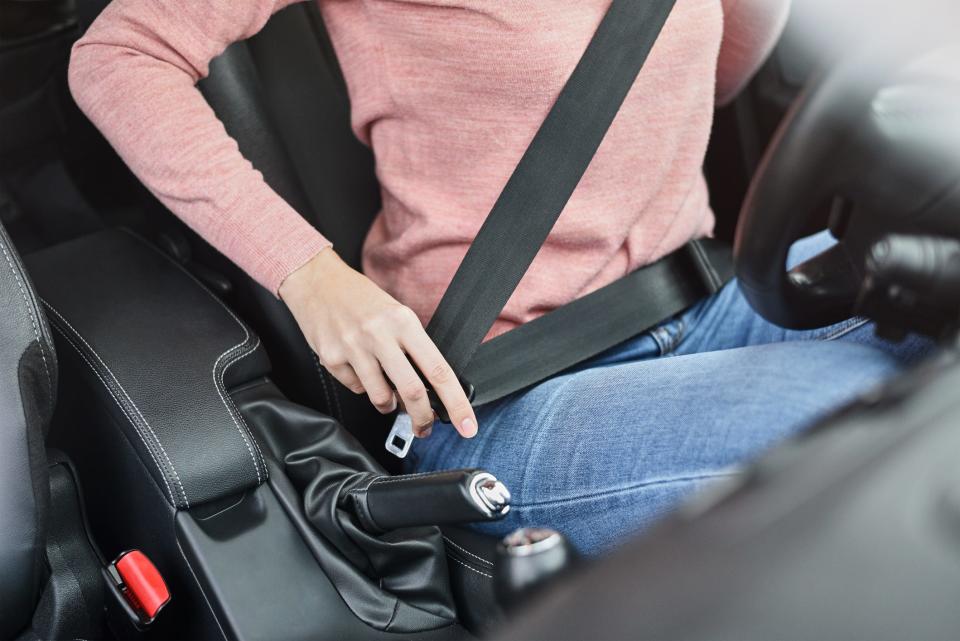How dare the government infringe on my unalienable right to compost my vegetables
I’ll be darned if I can figure out why people are so opposed to wearing a mask when they’re around other folks. I mean really, really opposed.
This isn’t the 18th century, folks. We have learned some things. We know that germs spread. So when a pandemic hits, we wear a mask. You want to catch something? Go ahead. Suffer. Die. But don’t bring me and millions of others in on it.
Jane Fishman: 'There's a Fishman in the shop who says he knows you': Remembering Cousin Melvin
Heck, I might even wear a mask even when the pandemic is under control (whenever that is) or during flu season. It just makes sense.

Then I heard about a new law in California (which means sooner or later it will hit the rest of the country, including Georgia). This law, which goes into effect in 2024, mandates composting. According to the bill, people (residences and businesses) will be fined if they don’t separate out organic refuse from other trash.
Jane Fishman: Eureka Springs, Arkansas, is filled with art and good food. Just steer clear of the vultures.
Apparently, the act of dumping organic matter into the landfill creates the dreaded methane gas. If allowed to sit in the landfill the modest ends of celery, the cores from apples, the skin of butternut squash, kiwi and onions, the frayed and outside leaves of cabbage, eggshells, coffee grounds and rotten pears that weren’t eaten soon enough lead to global warming. This, in turn, contributes to out-of-season tornadoes, melting glaciers, higher-than-normal tides, changing shorelines.

I already compost, not necessarily to save the planet (I didn’t know organic matter in the landfill is so deleterious), but to produce good soil, to help my garden. It’s a pride thing. Those bags of composted material you can buy only go so far.
Plus, composting is so easy. You dig a hole in some forgotten part of your yard (or you get one of those plastic things you turn or you make a fenced-in area), you dump in your kitchen detritus, cover it with leaves (except magnolia leaves; they are like leather and don’t break down) or some twigs, and stand back and watch. You’ll be amazed at how fast the pile reduces. So much of discarded fruits and vegetables is water.
Jane Fishman: Confusion ensues when weather and holidays collide
If you don’t put in any meat-related items, if you keep your pile covered, you will not see any rats and only the occasional curious squirrel. Trust me: rodents do not like banana peels. I really don’t know why everyone doesn’t compost. I’ve even “trained” friends to bring me their kitchen waste to add to my collection of future ground material.
But to be ticketed for not choosing to compost? That, at first blush, seems a bit intrusive.

I had that same sense of outrage when I got a ticket for parking my car (in front of my house) facing the “wrong” direction. Thinking back, way back, I felt that same sense of indignation when the “click it-or-ticket” campaign began. Seat belts, if you’ll recall, were not always a thing. Really? I thought at the time. You’re going to give me a ticket for not wearing a seatbelt? If I want to live recklessly, isn’t that my prerogative? I never thought I could get in the habit of clicking. I never thought it would fly. I was wrong. It seems reasonable now. How could I object to something so logical? But at the time I took umbrage at the law. I was offended. I was annoyed.
Jane Fishman: An ode to the mercurial nature of January and worrying. Maybe we need more time to reassess.
You can’t tell me what to do!

Could this be how people feel about being “forced” to wear a mask? That big-bad government is trying to take over their lives, to tell them what to do? Or have we as a country become so stratified, so divided, so egged-on to pick a side that we will dig in our heels over something so simple as deciding to not wear a mask or compost our week-old lettuce?
Next thing you know “they’ll” be forcing us to grow our own broccoli.
Jane Fishman is a contributing lifestyles columnist. Contact her at gofish5@earthlink.net or call 912-484-3045. See more columns by Jane at SavannahNow.com/lifestyle/
This article originally appeared on Savannah Morning News: How the California composting law relates to COVID masks and seatbelts

